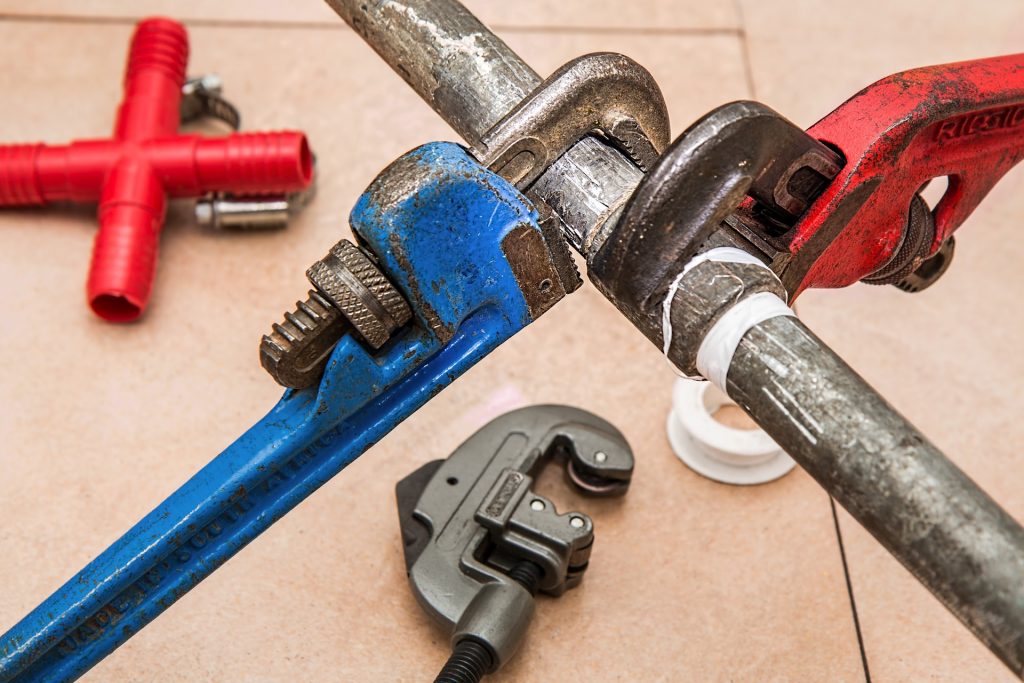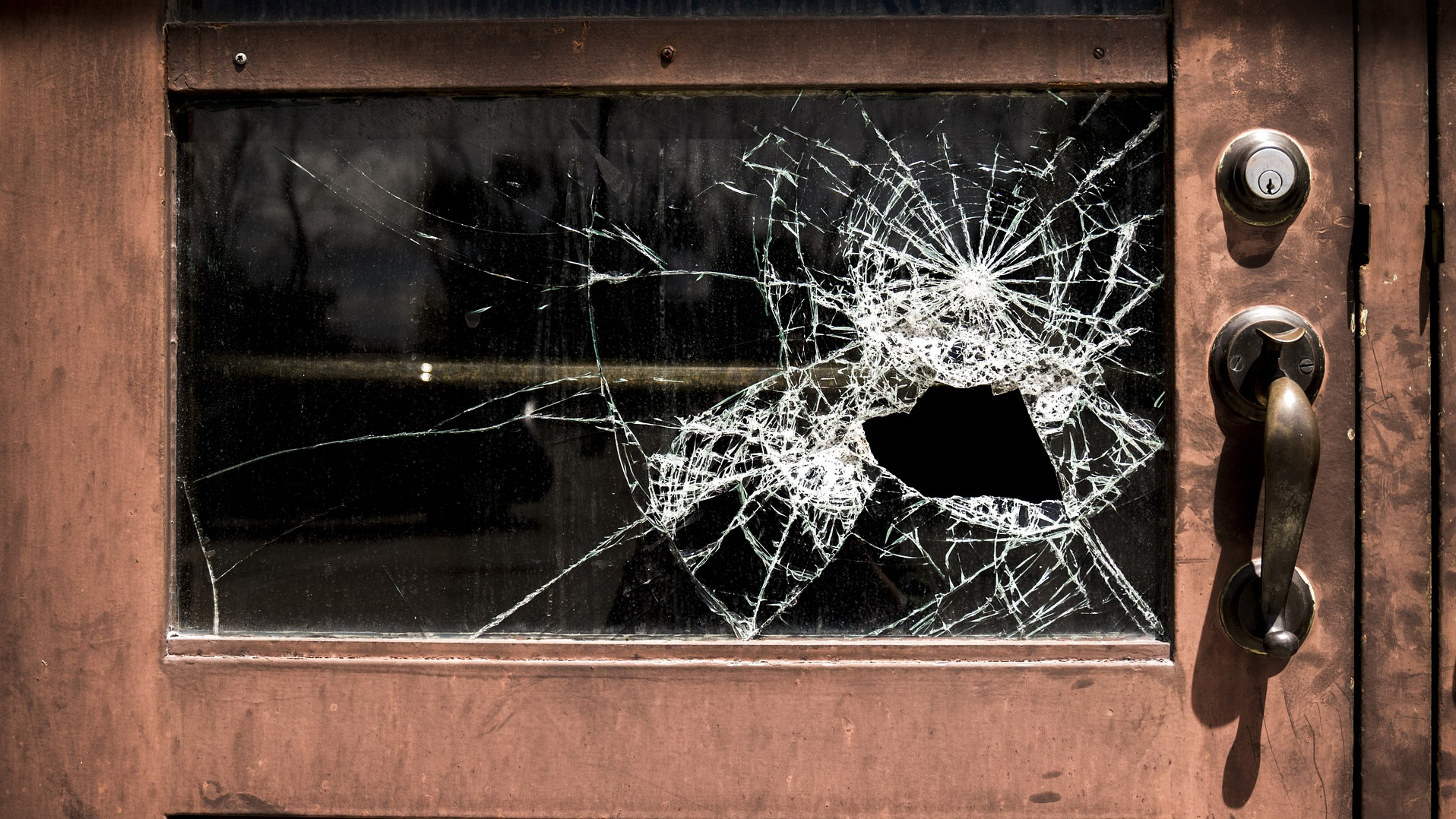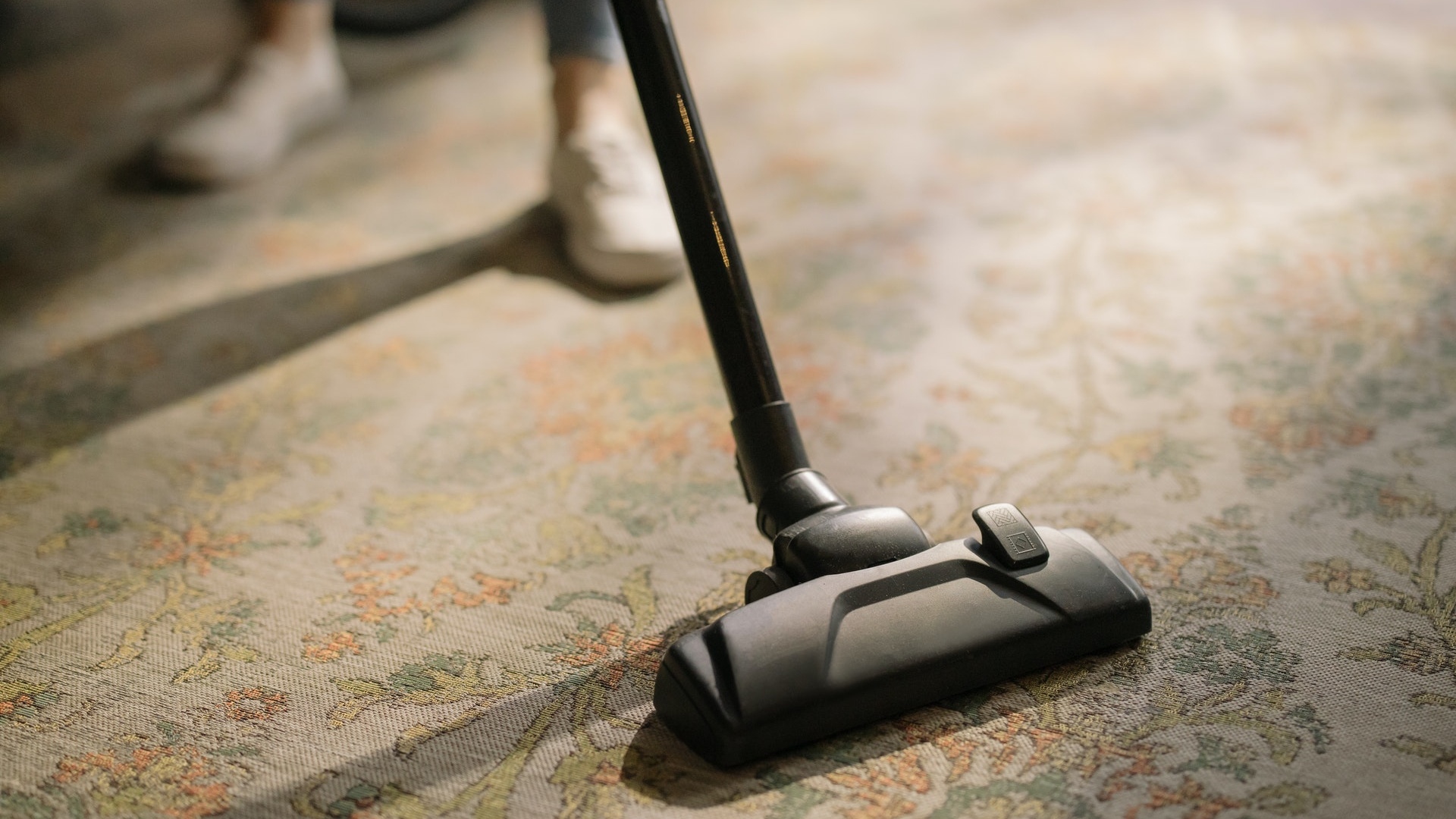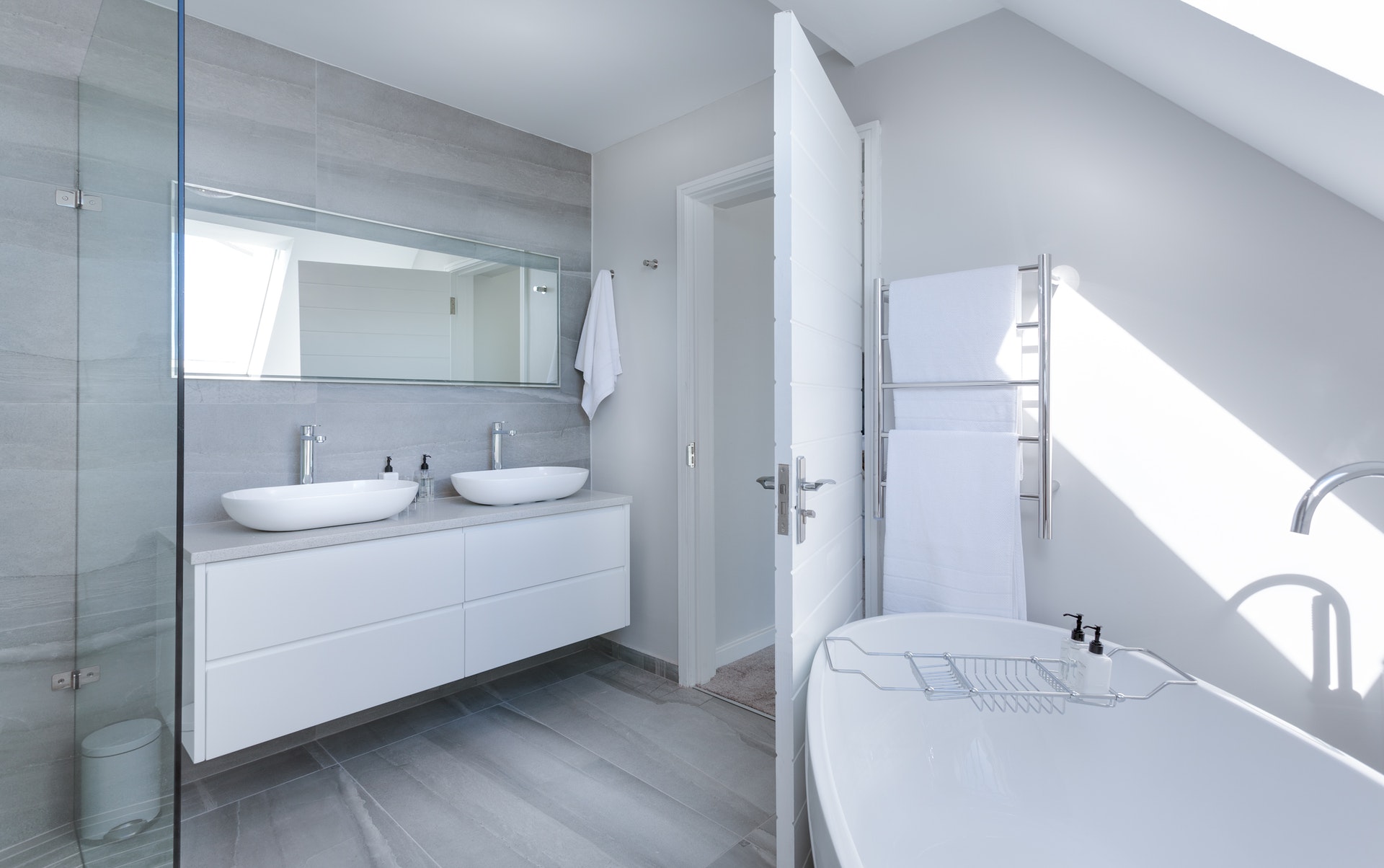 - minute read
- minute read

As a landlord, knowing all your responsibilities is crucial to avoid getting into any awkward and tricky situations further down the road. Newbie and experienced landlords alike have plenty of queries surrounding what is and isn’t their responsibility.
To ensure you aren’t caught out and can provide your tenants with a satisfying rental experience, we’ve provided a summary of all the responsibilities a landlord has when it comes to utility bills and property maintenance. We’ve delved into numerous circumstances, including paying for bills, reporting repairs, structural work and keeping a property safe. These responsibilities are set out in law by the Landlord and Tenant Act.
Below, we’ve listed a summary of a landlord’s main and most important responsibilities. Many of these responsibilities can be listed in the tenancy agreement that all tenants should be provided before their tenancy begins.
Knowing exactly which repair and maintenance work is the landlord’s role can save you heaps of time and confusion in the future. According to the Landlord and Tenant Act, the following tasks are all the landlord’s responsibility:
Similarly, landlords are also responsible for any structural repairs, including:
Landlords aren’t responsible for any broken items or structural damage which is caused by tenants acting irresponsibly and generally not following the rules of their tenancy agreement. One of the most common examples of this is broken doors/windows. When this damage is caused by the tenant, it isn’t the landlord’s job to replace or repair them.

Because the tenant is the one living in the property on a day-to-day basis, they’re responsible for keeping the home at an acceptable standard of living and taking care of any general maintenance throughout the home.
Here’s a list of other tenant responsibilities:

If a tenant spots a required repair, then it’s their responsibility to report it. Until the issue has been reported, landlords aren’t responsible for any repairs. If these necessary repairs are caused by the tenant, then landlords can charge for any costs incurred by repairing/replacing whatever’s been damaged.
While landlords need enough time to make any repairs, they must also do so within a reasonable timeframe. If not, then the tenant may be able to take their landlord to court.
Landlords can make property inspections to check on the state of their property – including how tidy it is and whether any repairs are needed. A minimum of 24 hours notice needs to be given to make a property inspection.
Landlords should provide their tenants with a full inventory of items that are included within the rental property. This should be given to tenants before their tenancy begins. These are important as they provide tenants with a visual of how the property and its contents looked before they moved in. When moving out, the property should be left to the same standard.
Inventories are often categorised room by room and usually include:
The Fit for Human Habitation law is designed to ensure that all rented properties are safe and healthy to live in. The responsibilities within this law are the landlord’s duty.
Some of the guidelines that need to be followed include:

The main bills that landlords have to pay for are:
It’s up to you to decide which bills your tenants are responsible for. All of these bills that your tenants need to pay can be listed in the tenancy agreement.
The bills that tenants usually tend to be responsible for paying are:
The easiest way to avoid this is by ensuring that your tenants’ names are registered to the relevant bills. Put simply, the general rule for bill paying is that it falls to the person whose name can be found on the bill.
To further cover themselves, landlords can take the following steps:
Landlords can become responsible for paying outstanding bills if:
In this situation, you might still be able to prove that the tenant lived in your property by providing the utility company with your tenancy agreement.
You can mark your property as being void of tenants so you become responsible for bills until more tenants enter the property.
The tenancy deposit scheme was designed to help tenants safeguard their deposits. Provided they’ve met the terms of their tenancy agreement, tenants should get their deposit back within 10 days.
Deposit protection is something that landlords legally have to provide. When it comes to deposit protection, landlords must protect tenant deposits with the scheme within 30 days of receiving them. They should also send their tenants any relevant deposit-related information within that same 30 day period.
These deposits can also benefit landlords. They’re designed to cover property damage and any unpaid rent. In both of these cases, landlords can deduct the cost from their tenant’s deposit.
Want to list properties as bills included or make extra revenue through referring tenants to use Resooma Bills? Find out more about listing with bills included.



All your utility bills in one monthly payment, split between housemates
Get a quote


All your utility bills in one monthly payment, split between housemates
Get a quoteFinding his article helpful? We’ve got plenty more helpful articles on there way. Join our Savvy Sunday mailing list